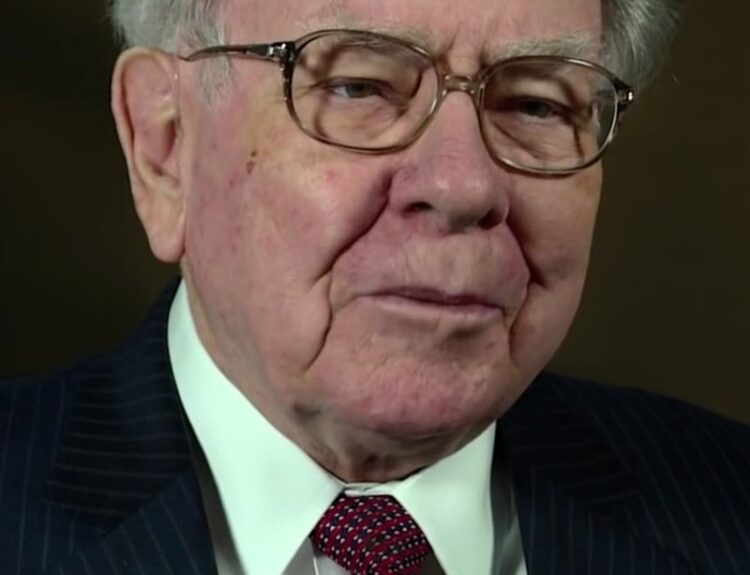India’s prime minister will have to seek support for his economic agenda
- Narendra Modi will need allied parties to push through his economic agenda
- Investors fear the government could release its grip on fiscal discipline
- Questions arise about planned overhauls to labor and land acquisition laws
- Modi will have to work with a coalition government for the first time
- Modi’s economic efforts haven’t resulted in the creation of a massive number of jobs
Narendra Modi, India’s prime minister, is set to return for a third term, but this time he will have to navigate a different political landscape. With his party falling short of a majority, Modi will need the support of allied parties to push through his economic agenda. This outcome has surprised investors, who were expecting a landslide victory for the Modi government. There are concerns that the government may veer towards more populist measures under pressure from its allies or the opposition. The election results have also raised questions about planned labor and land acquisition reforms that are crucial for India’s manufacturing ambitions. Modi, known for making decisions in a small group, will now have to work with a coalition government, which will require a different approach. Despite these challenges, Modi has expressed confidence in continuing to make bold decisions and working towards making India the world’s third-largest economy.·
Source: https://www.wsj.com/world/india/modi-now-has-to-figure-out-a-new-way-to-rule-india-1b554dd2?mod=latest_headlines
Factuality Level: 4
Factuality Justification: The article provides a detailed overview of the current political situation in India following the recent elections. It discusses the implications of Modi’s reduced majority, the concerns of investors, and the challenges he may face in working with allied parties. The article also touches on Modi’s economic agenda, past decisions, and future plans. While the article presents various perspectives and information, it lacks depth in some areas and may benefit from more analysis and context.·
Noise Level: 3
Noise Justification: The article provides a detailed analysis of the impact of Narendra Modi’s reduced majority in the Indian elections on his economic agenda, investor sentiment, and potential policy changes. It discusses the challenges Modi faces in working with allied parties and the implications for key reforms. The article supports its claims with examples and quotes from analysts and officials, offering actionable insights into the future of India’s economy under Modi’s leadership.·
Public Companies: Bharatiya Janata Party (N/A)
Key People: Narendra Modi (Prime Minister of India), Seshadri Sen (Head of Research at Emkay Global Financial Services), Malcolm Dorson (Head of Emerging Markets Strategy at Global X ETFs), Ashok Malik (Partner at The Asia Group and Former Foreign-Policy Adviser with the Modi Government), Kunal Kundu (India Economist at Société Générale), Hemang Jani (Director at Finazenn)
Financial Relevance: Yes
Financial Markets Impacted: The article discusses the impact of the election results on financial markets and investor sentiment in India.
Financial Rating Justification: The article mentions that investors were blindsided by the election results and that over $370 billion in market capitalization was wiped out. It also discusses the concerns of investors regarding the government’s fiscal discipline and potential shift towards populist measures.·
Presence Of Extreme Event: No
Nature Of Extreme Event: No
Impact Rating Of The Extreme Event: No
Extreme Rating Justification: ·
 www.wsj.com
www.wsj.com 




